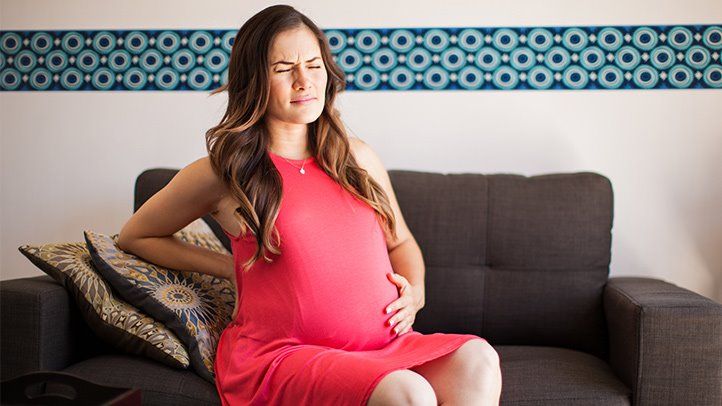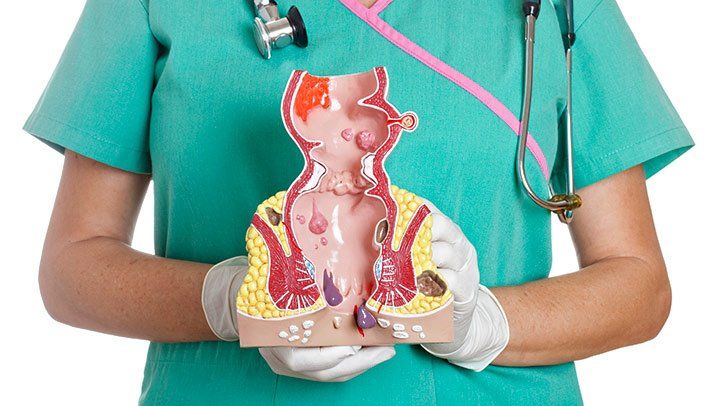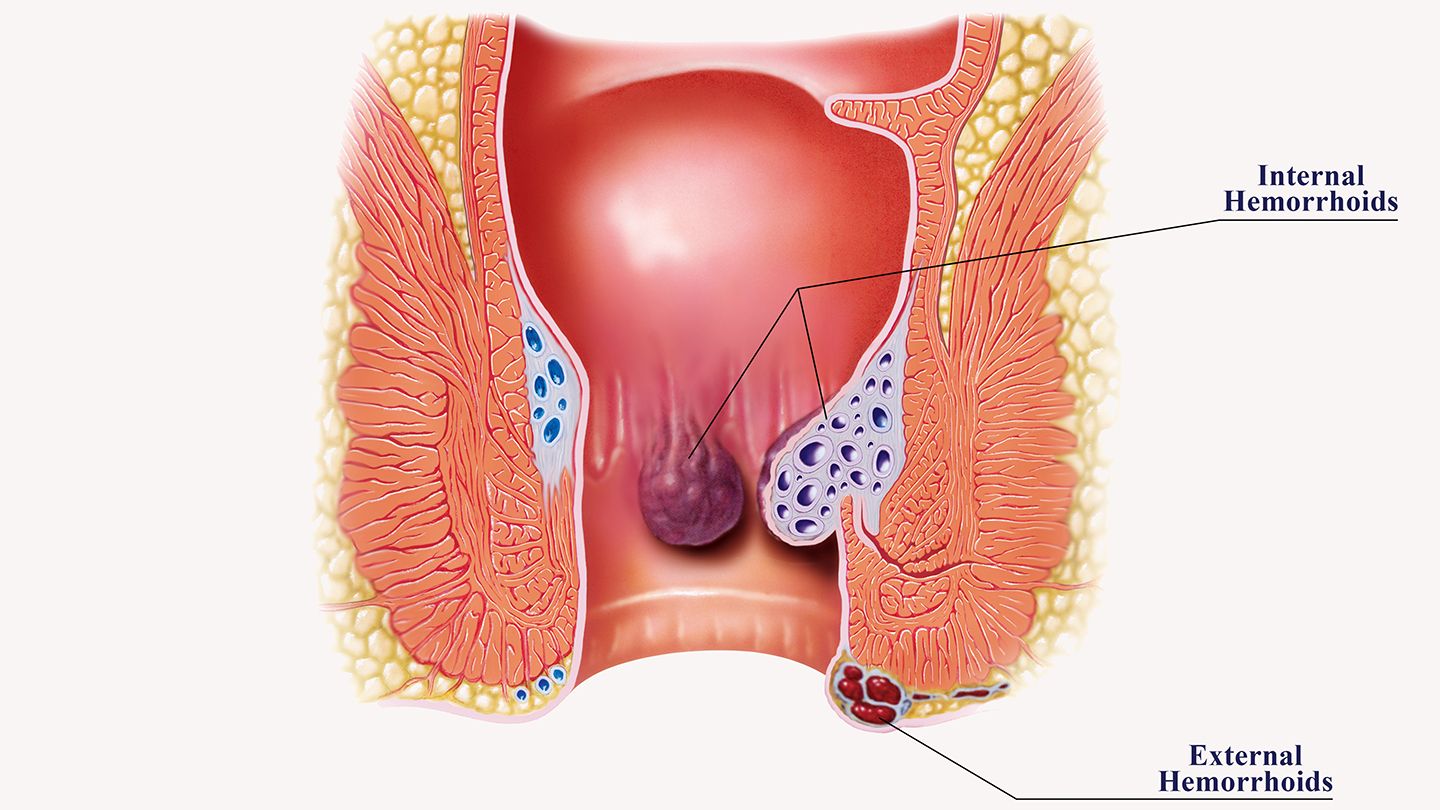Introduction
It's common to experience more frequent bowel movements and loose stools during pregnancy, especially in the third trimester as delivery approaches. Pooping often at 35 weeks pregnant can be caused by physical and hormonal changes related to late pregnancy. While pooping frequently may be unpleasant, it's usually not a major concern. However, it's important to monitor stool changes and stay hydrated. Understanding the common causes of pooping a lot at 35 weeks can help you manage symptoms and know when to call your doctor. In this article, well explore the reasons for increased bowel movements and loose stool during the 35th week of pregnancy. Well also provide tips to find relief from frequent pooping before labor begins.Physical Changes and Pressure
At 35 weeks, your uterus has expanded to its max capacity, placing pressure on organs. Your growing baby is also moving into delivery position, pressing downwards. This added weight and compression affects your digestion and bowel functioning. According to OB/GYN Dr. Jessica Shepherd, In the third trimester, the heavy uterus sits right on top of the large intestine and rectum, which can obstruct digestion and stimulate more frequent bowel movements. The 35 week mark is when most women really start to experience the literal weight of pregnancy. Your overloaded pelvic floor muscles must work harder to support this internal pressure, which can lead to looser stools and inability to hold bowel movements. Additionally, your slowed digestion allows more water absorption from stool. This results in softer poops that are passed more quickly and easily. The extra pressure may also spasm the rectum, triggering the urge to poop frequently.Effects of Physical Changes:
- Increased pressure on pelvic region
- Difficulty holding in stool
- More water absorbed from poop
- Rectal spasms and urgency
- Softer, loose bowel movements
Pregnancy Hormones
Changing hormonal levels also contribute to more frequent pooping at 35 weeks along. Two key hormones are: Progesterone This pregnancy hormone relaxes smooth muscles throughout the body, including your digestive tract. This slows down digestion, giving more time for water absorption, and increases intestinal contractions to move stool quicker. Relaxin Peaking in the third trimester, this hormone loosens joints and ligaments to prepare for labor. It affects the intestines too. According to midwife Cathy Weber, Relaxin hampers muscle tone in the intestines, which can diminish your ability to control pooping, leading to more frequent, loose stools." These powerful hormones prevent constipation but often cause the opposite problem of loose BMs and constant pooping urges. Their levels remain elevated right up until delivery.Effects of Hormones:
- Intestinal muscle relaxation
- Slowed digestion
- Increase intestinal contractions
- Diminished bowel control
- Softer, looser stool
Dietary Changes
Your dietary habits and cravings often change significantly during pregnancy. These shifts can also lead to pooping frequently at 35 weeks along. Spicy, greasy and fried foods may be hard to resist as delivery nears. However, these fatty foods can stimulate intestinal cramping and loose stools when eaten in excess. Pregnancy often brings ravenous hunger and a tendency to overeat. Consuming larger than normal meals stresses your digestion and can rush food through your system, causing urgent, loose bowel movements. Eating too quickly also leads to swallowing air, which creates gas and diarrhea-like poops. Caffeine intake typically rises in the third trimester for an energy boost. But caffeine stimulates the colon and can induce the urge to poop. Herbal teas, chocolate, soda, and coffee all contain varying amounts of caffeine. Finally, quirky food cravings and aversions caused by pregnancy hormones may limit your diet. This can lead to missing nutrients, intestinal irritation, and loose stools. A healthy, high-fiber diet with probiotics promotes more solid bowel movements.Diet's Effects on Pooping:
- Excess spicy, greasy or fried foods
- Overeating/eating too quickly
- High caffeine intake
- Food aversions limiting diet
- Missing nutrients or fiber
Dehydration
Staying hydrated during pregnancy prevents constipation, hemorrhoids and urinary tract infections. But drinking too little fluid can cause diarrhea-like pooping as the body tries to absorb water from stool. Dehydration thickens intestinal waste and hardens stools. So when you finally do drink liquids, the added fluid loosens compacted poop, causing sudden urges to poop frequently. This starts an unpleasant cycle. Morning sickness, fatigue, busy days, heartburn, and frequently urinating all deter adequate hydration. But at 35 weeks along, drinking plenty of water is critical. "Aim for the recommended 80-100 ounces of fluids daily in the third trimester," advises midwife Angela Tilstra. "Water, milk, juices, soups all count. Dehydration can stimulate frequent, uncomfortable bowel movements."Symptoms of Dehydration:
- Dark yellow urine
- Fatigue and headaches
- Dizziness
- Dry mouth
- Pooping small, hard stool
- Sudden loose stools after drinking
Anxiety and Stress
Its completely normal to feel increased anxiety and worry as your due date approaches. New mothers often stress about labor, delivery, breastfeeding and parenthood. Excess anxiety activates your bodys fight or flight response which accelerates digestion, meaning food passes through quicker. Stress hormones also increase colon contractions. This nervous digestive reaction can lead to gassiness, cramps, loose stool and constantly feeling like you need to poop when anxious. According to psychologist Dr. Carla Marie Manly, Anxiety-provoked diarrhea is very common.deep breathing, prenatal yoga, listening to calm music, meditating and resting more can help relax your mind and your bowels.Anxiety's Effects on Pooping:
- Accelerates digestion
- Increases colon contractions
- Leads to loose stool
- Triggers cramping
- Creates urge to poop frequently
Warning Signs to Watch For
While pooping often at 35 weeks pregnant can be caused by common late pregnancy changes, some symptoms warrant medical attention. Contact your OB/GYN promptly if you experience:- Bloody stool
- Mucus or pus in stool
- Diarrhea lasting over 24 hours
- Fever or vomiting
- Sudden, severe pain
- Very dark or bizarre stools
- 8+ watery stools daily
Tips for Managing Frequent Pooping at 35 Weeks
If youre pooping often at 35 weeks pregnant, try these beneficial tips to ease symptoms:- Drink plenty of fluids - Stay hydrated to produce soft but formed stool.
- Consume probiotics - Yogurt, kefir, kombucha and fermented foods improve gut health.
- Increase dietary fiber - Fruits, veggies whole grains, beans, bran and nuts aid elimination.
- Avoid triggers - Limit spicy food, caffeine, sugar, dairy, and gas-producing foods if needed.
- Exercise lightly - Walking, swimming, and prenatal yoga encourage bowel regulation.
- Use psyllium husks - This natural fiber supplement firms up loose stool.
- Try digestive enzymes - Enzyme supplements improve nutrient absorption and stool consistency.
- Relax and destress - Anxiety encourages loose BMs, so take time to calm your mind.
- Use hemorrhoid cream - Creams with hydrocortisone can ease inflammation and itching.
When to See Your Doctor
Most cases of pooping often at 35 weeks pregnant can be managed with self-care. However, consult your OB/GYN if you experience:- Persistent diarrhea longer than 24 hours
- No improvement after trying suggested remedies
- Other concerning symptoms like bleeding or strong pain
- Dehydration
- Inability to keep food down
Tips for Preventing Frequent Pooping
Making certain lifestyle adjustments can help minimize frequent bowel movements during pregnancy:- Eat slowly - Quick eating introduces excess air that causes gas and loose stool.
- Avoid trigger foods - Greasy, spicy and fried fare can irritate digestion.
- Stay active - Exercise helps prevent constipation and improves muscle tone.
- Take probiotics - These increase healthy gut flora to optimize digestion.
- Remain hydrated - Adequate fluid intake allows forming of soft, bulky stool.
- Reduce anxiety - Stress worsens diarrhea-like symptoms, so nurture yourself.
- Eat more fiber - A high fiber diet promotes healthy bowel regulation.
- Establish routines - Regular meal and sleep routines can normalize your pooping pattern.
When to Call Your Doctor
Contact your OB/GYN promptly if frequent bowel movements are accompanied by:- Blood in the stool
- Significant pain
- A fever
- Vomiting
- Little or no urine output
- Dizziness or weakness from dehydration
Changes Are Temporary
Pooping frequently in late pregnancy can be unpleasant and disruptive. But try not to become frustrated or embarrassed. Remind yourself this change is normal and temporary. Within several weeks after delivery, your hormone levels, anatomy, muscle tone, and digestive functioning will gradually return to normal. Your baby will move off your pelvic organs, relieving the pressure. Bowel regulation will improve and pooping often will resolve. If frequent bowel movements with loose stool persist more than a few weeks postpartum, consult your OB/GYN or family doctor to check for post-delivery issues like hemorrhoids, pelvic floor dysfunction or thyroid problems. But in most cases, your digestive patterns will normalize. The countdown to labor and preparing for motherhood is an exciting and anxious time. Be patient with your body, nourish yourself well, and dont hesitate to ask your provider about pooping changes. Soon your days of running to the bathroom will be over and replaced with precious moments with your newborn!When to Contact Your Doctor
If frequent pooping at 35 weeks is accompanied by concerning symptoms like:- Blood or pus in stool
- Severe pain
- Fever or vomiting
- Persistent diarrhea over 24 hours
- Signs of dehydration
Disclaimer: This article is for informational purposes only and does not constitute medical advice. Always consult with a healthcare professional before starting any new treatment regimen.
Related Coverage
Obesity can make wiping after a bowel movement difficult. Adjusting technique, using tools, and requesting assistance when needed allows proper hygiene....
Frequent bowel movements and pooping a lot is common at 35 weeks pregnant due to physical and hormonal changes. Hemorrhoids are also likely as your uterus expands....
Learn about hemorrhoid symptoms, causes, home treatments, and when to consider hemorrhoid banding at home. Get step-by-step instructions on how to use a home hemorrhoid banding kit....
If you notice a pink ring around the toilet while pregnant, higher estrogen and hCG likely caused temporary urine acidity changes interacting with porcelain. Learn when it warrants concern....
Hemorrhoids are very common and can cause anal itching, pain, and bleeding. Learn about causes, symptoms, diagnosis, and medical and at-home treatment options....
Understand the potential risks and realities of pushing or straining during bowel movements in an attempt to induce labor. Learn safe strategies for managing hemorrhoids and constipation during pregnancy....
Learn how mild soap & water can aid hemorrhoid relief alongside creams, wipes & sitz baths. Discover other proven home treatments plus prevention methods....
Research suggests high stress levels may increase hemorrhoid risk. Stress can contribute through mechanisms like constipation, immunity changes, and blood flow disruption....
Learn the top anal bump causes, from hemorrhoids to warts, and know when to seek medical help. Tips for relief and prevention....
Chafing in the groin area is a common discomfort during pregnancy. Learn what causes it, prevention tips, home treatment options, and when to call the doctor....




